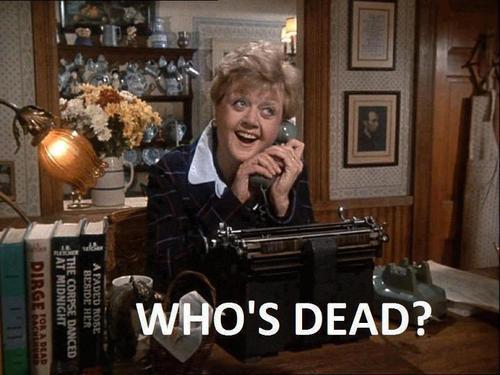Research shows that smell can be a powerful trigger for memory, so much in fact that some retailers are using scents to draw people into their stores, while real estate agents lay out fresh baked goods in kitchens to make a house feel like a home to prospective buyers.
Sitting in my home office with the balcony door open means not only do I hear the lawnmower cutting the grass for the first time this year, but I can smell the clippings. That smell reminds me of summer, particularly the summers of my youth, growing up in rural area on a three-acre hobby farm. As I got older, cutting the grass almost weekly became my responsibility. It wasn’t all that much of a chore because I got to drive a riding mower.
There are so many smells I associate with summers growing up in the country. Some of them make sense, some are a little odd:
Gasoline: Before getting on that riding lawn mower I had to fill it up with gas from a gas can using a funnel. Don’t get any funny ideas; it’s not as though I paused and savored the smell. By the end of high school I was getting my daily gas fume fix as a gas jockey at a gas station next to a chip wagon, which leads me to my next scent….
French Fries: Specifically, the smell of a deep fryer. I spent two summers working in hot chip wagons and later, as a gas jockey, I enjoyed the smell of petrol mingled with the sweet aroma of fries from the chip wagon next door, which was only open in the summer, I might add.
Lilac: Grade school usually wrapped up the third week of June, and my mom liked to put us to work to keep us busy. One of my regular jobs as I got taller was to hang laundry on the line. We had a clothesline that stretched between the garage and one of our barns. Nestled right next to the garage was a large lilac bush; it usually blooming by that time of year. Since then the smell of lilac not only brings back memories of summer, but of freedom from real responsibility and the stress of school.
Fresh Laundry: Further to the above, even when I’m pulling my laundry out of a washer to place in the dryer in my apartment’s laundry room, I still think of summers and hanging wet clothes on a line.
BBQ: Whether it’s coal-fired or propane-powered, the smell of meat grilling brings back memories of summer. In this I’m hardly unique. That being said, my parents would cook on the barbeque well into November as long there was propane left.
Cow Manure: I grew up next to a dairy farm. By the end of the summer the corn in the surrounding fields was all harvested and it was time to fertilize those empty fields naturally. Hence, cow shit reminds me of summer.
Beets Boiling: Not that I smell this often, but as a kid we had a fairly sizable garden and there was always one weekend afternoon when it was time to boil beets for pickling. I hated the smell, but I love the taste of pickled beets. Just don’t eat a whole jar in one sitting or you’ll pee red, freak out and drive yourself to the emergency room.
Bark Chips: My first summer as a gardener I went through a lot of bark chips – bags and bags of bark chips. When you first pour them out the smell is particularly strong but fades the longer the chips have been out. Bark chips are to summer what pine needles are to Christmas.
Fresh Pavement: Before my family moved out to live in rural Ontario when I was five, we lived in the suburb of Ottawa known as Hunt Club, which at the time was quite new. I vividly recall the smell of fresh pavement during the scorching summer. Now living in the big city of Toronto, I naturally associate summer with roadwork and inconvenience.
What smells tell you summer is here?
Gary Hilson is a writer, editor and digital media specialist for hire. He lives in Toronto.


